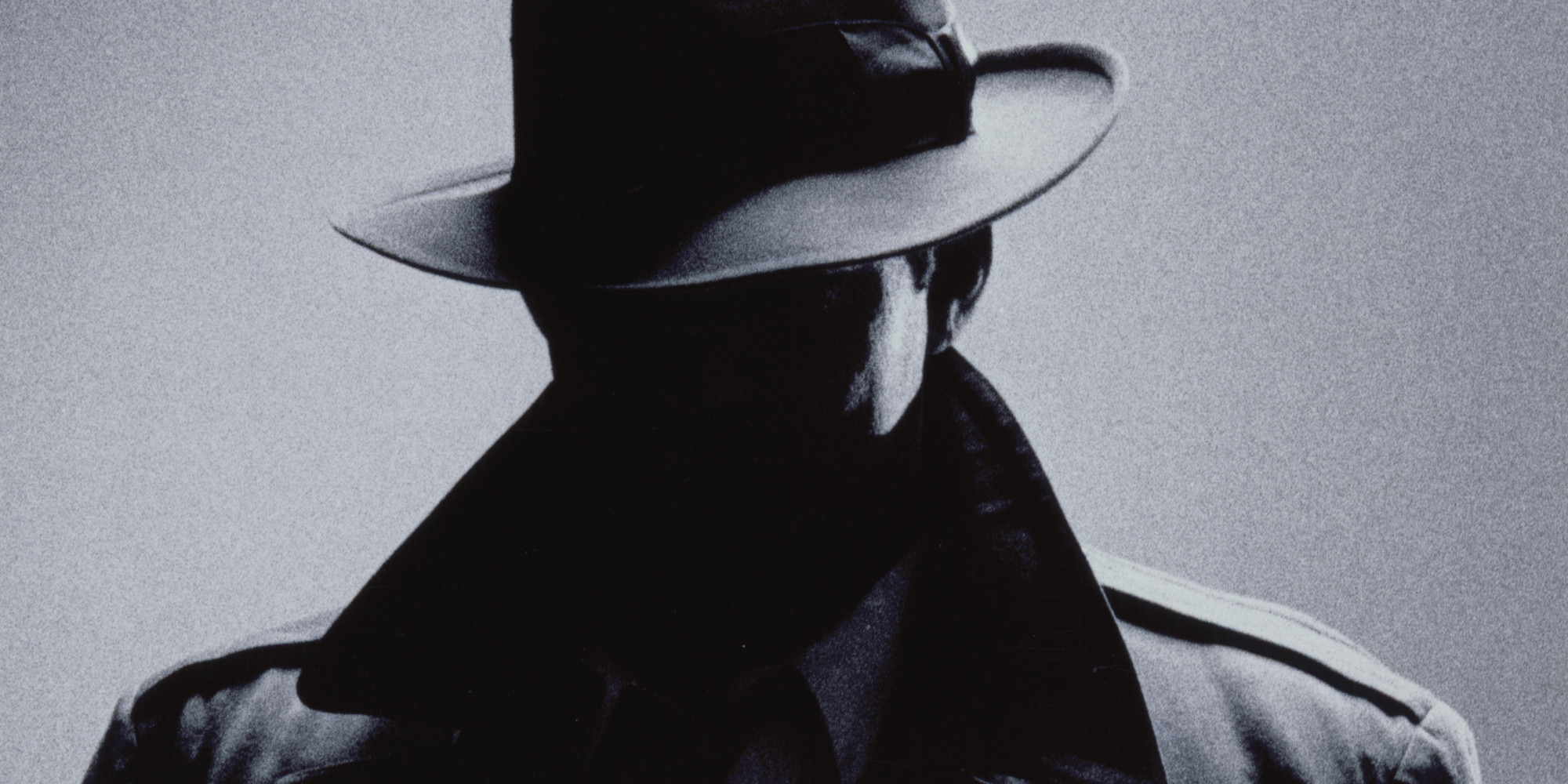“One of the most properly human studies is the study of what is most properly human.”
- My last waking thought before sleep.
Last night, I was almost asleep, but my mind was trying to figure out the right category for what I’ve been doing in my work for the last twenty five years. In philosophy, you’re always working in a sub-discipline. It’s the same in other academic specialties. In physics, you might be working in particle physics, on the very small, or in cosmology or astrophysics, studying the very large. In philosophy, you might work mainly in metaphysics, examining the ultimate structure of reality, or epistemology, focused on the nature of belief and knowledge, or in ethics, or aesthetics, or social and political philosophy, or logic, or the philosophy of language, the philosophy of science, or the philosophy of law. For my first two decades as a committed philosopher, encompassing graduate school at Yale and my job at Notre Dame, I was working in the philosophy of religion and philosophical theology. And it was a great experience. But I came to feel a new sense of calling, to a new adventure of ideas, and since then, I’ve been on a quest to discover the practical side of philosophy that relates to life and work in the world.
It was odd. There seemed to be no set label for what I’ve been doing. I’ve often said I was working in practical philosophy, but that’s really just a big part of what I do. I discover conceptual tools we can use all the time. But there is more to it. And then last night, right before sleep would have claimed my thoughts and transitioned me into the realm of dreams, where anything can happen and I might find myself flying in a helicopter over my home, which took up one part of the evening, or saving the world from a terrorist plot (a task that occasionally requires far too much of my attempted slumber). But right before the light of normal consciousness would go out for the night, it occurred to me that I am creating, or rediscovering and perhaps naming, an ancient domain of philosophical concern, based on the search for wisdom that has to do with every major aspect of human life this world. What I do is philosophical anthropology.
For centuries, nearly every serious philosopher did it. Much of Aristotle’s Ethics is actually philosophical anthropology. And the stoics are known for it. Seneca wrote essays on happiness and anger and solitude and grief and success. Emperor Marcus Aurelius is an exemplar of it. So is Ralph Waldo Emerson. But there are many others who have done this in the past. When I began to do it in the late 1980s, I couldn’t find any other contemporary philosophers who seemed to be on the same quest. I was alone in the wilderness without a map or a compass. But there is an excitement about being an explorer, and perhaps a bit of a pioneer. I had enjoyed a measure of that feeling in my first specialty, when I was a young philosopher right out of grad school. No serious philosophers had been working on distinctively Christian topics for a very long time, and while studying the incarnation myself, I urged on others to join me and tackle such issues as the trinity, the atonement, redemption, sanctification, distinct Christian ideas of God, and on and on. The terrain of my new calling in philosophical anthropology was quite different. I now studied such things as success and partnership and happiness, greatness and failure and leadership. And each topic opened up into many more. I flew by the seat of my pants. I followed my nose. But that juxtaposition sounds strange. My pants had no aroma whatsoever, I should quickly assure you. I slashed at the underbrush to clear a trail. Yeah, we'll go with that metaphor. It was a vast wilderness where well trained philosophers seemed to have abandoned camp, but it had been taken over by pop psychologists, and motivational speakers, and a great many flimflam men.
There was counterfeit wisdom everywhere. My job was to be a detective and dig deep and discover what’s real, while rejecting the bogus and careless and false. And in the past few years, I’ve seen more philosophers begin to come back into the area. Most who have done it take a historical approach and study the stoics, or some other past source of wisdom on our general life adventure. My process has been different. I consult as much of history as possible, and dig into great literature as much as I analyze explicitly philosophical tomes of the past. But I also talk to real people in every walk of life, in every sort of work, across economic and social levels, and facing nearly every issue of our day. As a result of over a thousand public presentations, and often working with audience members afterwards, I’ve come to hear people’s hopes and dreams and worries and fears. I’ve seen magnificent success and terrible tragedy, abject failure and deep joy, meaning and suffering, foolishness and wisdom that might surprise you. And that has put me in a distinctive place to make a difference for more people in our time. It’s the greatest ride ever. And I’m glad that you read little bits and pieces here of what I’m discovering and thinking day to day, like this. Thanks for joining me in the adventure.












